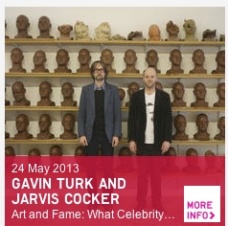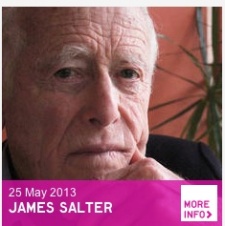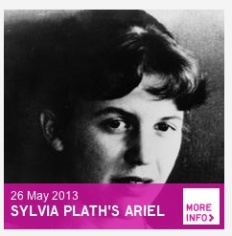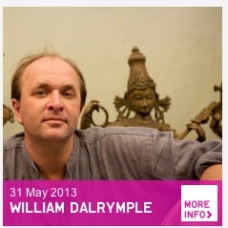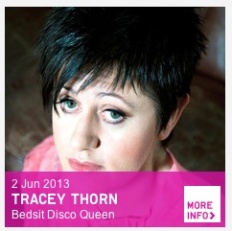Literary stars are preparing to dazzle at the London Literature Literature 2013 which opens on 20th May and is filled with a treasure trove of delights. Words will be celebrated through an exhilarating range of forms including poetry, short plays, music based on Pablo Neruda’s poetry, and of course, talks and debates. Literature from the world over will be showcased and there will be two prize-reading events – the 2013 Man Booker International Prize Readings and the Women’s Prize for Fiction Readings. Best-selling authors reading from and discussing their work include Barbara Kingsolver, Audrey Niffenegger, Lionel Shriver and William Dalrymple. Alongside today’s finest writers, the Southbank Centre will also be haunted by some eminent literary ghosts as celebrated biographer Claire Tomalin presents five lectures on classic authors including Thomas Hardy and Jane Austen. Meanwhile, musical stars appearing include Jarvis Cocker, Tracey Thorn and Cerys Matthews.
I’m particularly excited about seeing what sounds like a spectacular event celebrating 50 years since the publication of “Ariel” by Sylvia Plath in which 40 leading female poets and performers including Juliet Stevenson, Ruth Fainlight and Samantha Bond will read one poem each from the final unedited manuscript (which starts with the word “love” and ends with “spring”) in an evening introduced by Plath’s daughter, Frieda Hughes.
I’m looking forward to being “blogger-in-residence” for the 3rd year running, so call back for dispatches from the festivals, and I’ll also be tweeting bite-size nuggets from events themselves here.
There are so many to choose from, but here are 5 Selected Highlights: (click on the boxes for more details):
Filed under: Misc | Tagged: Anita Sethi, Claire Tomalin, Frieda Hughes, James Runcie, James Salter, London Literature Festival 2013, Sylvia Plath, Tracey Thorn, William Dalyrmple | Leave a comment »











